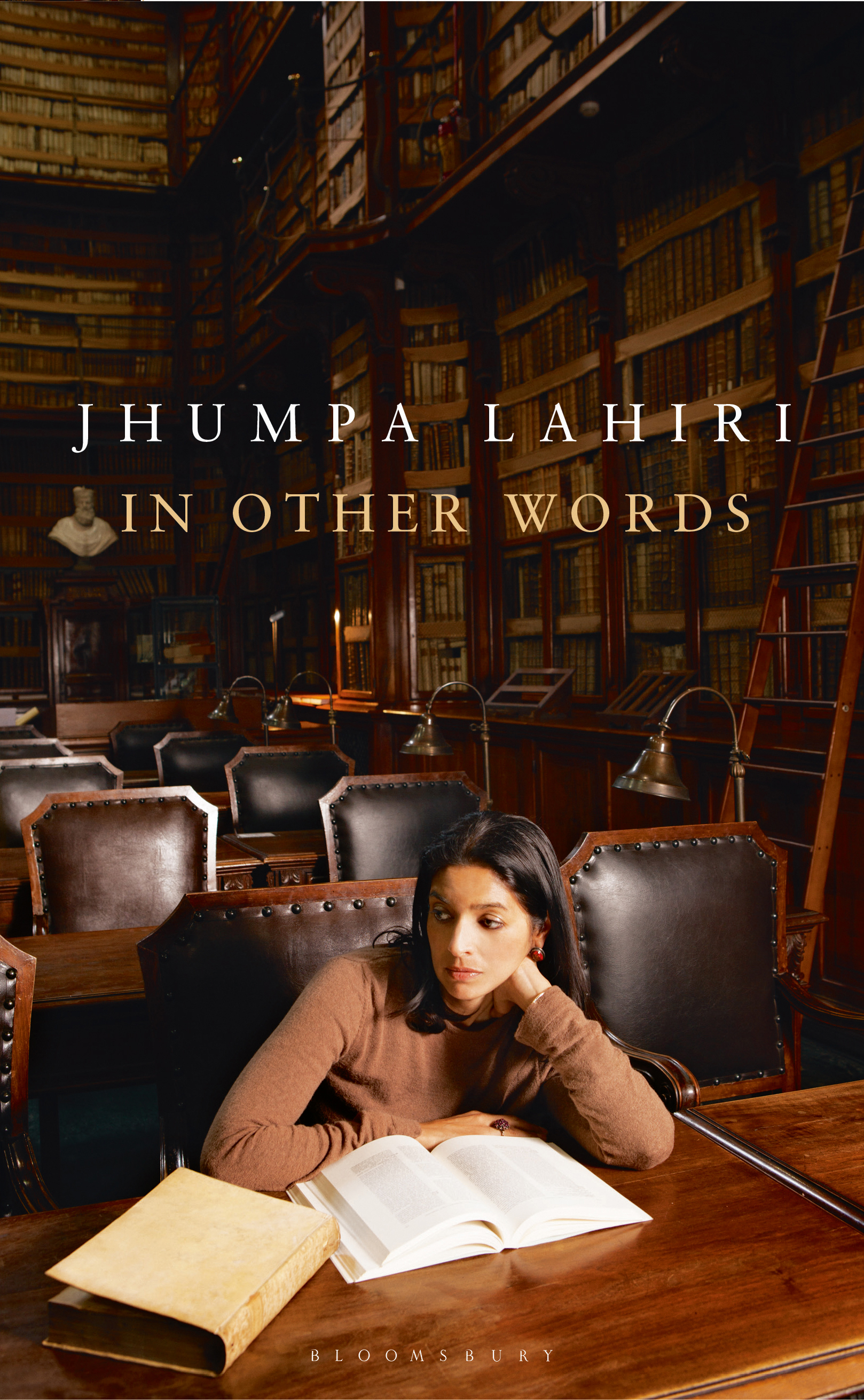This from Patrick French’s “The World is What It is” (a fascinating biography of V.S. Naipaul):
In 1950, Naipaul, endearingly named Vido by his parents and siblings, leaves his island-home of Trinidad for the U.K. to pursue studies in English Literature at Oxford. He has received a full scholarship to follow his dreams. As there aren’t any ships scheduled to sail from Port of Spain, Vido flies to New York and from New York he would be ocean bound to London.
As his plane takes off, French writes this by surmising what Vido saw:
“As he receded towards America and England, he saw the island as he had never seen it before, the pattern of the fields and the roads and the houses, while his family looked up at him, suspended in the sky in a cross, at a right angle to Columbus, leaving the new world.”
